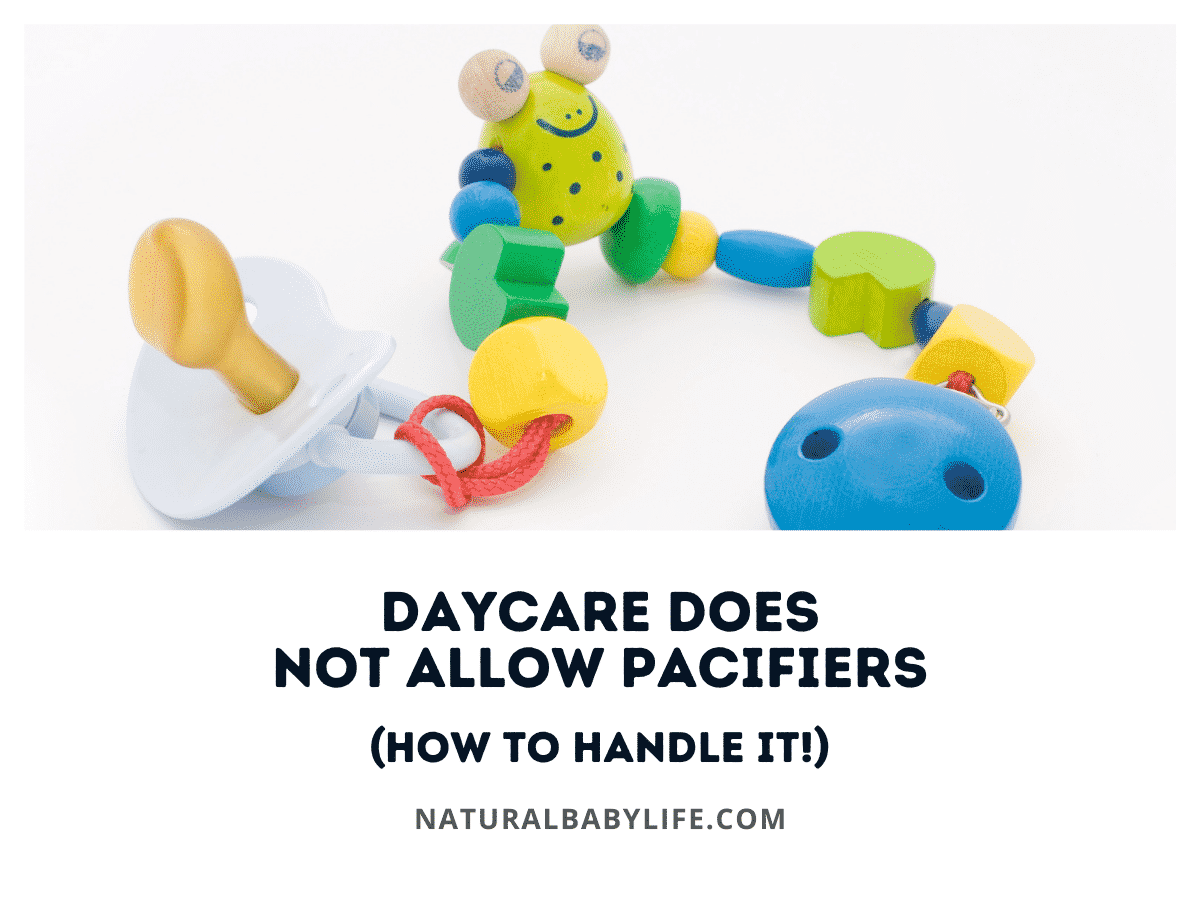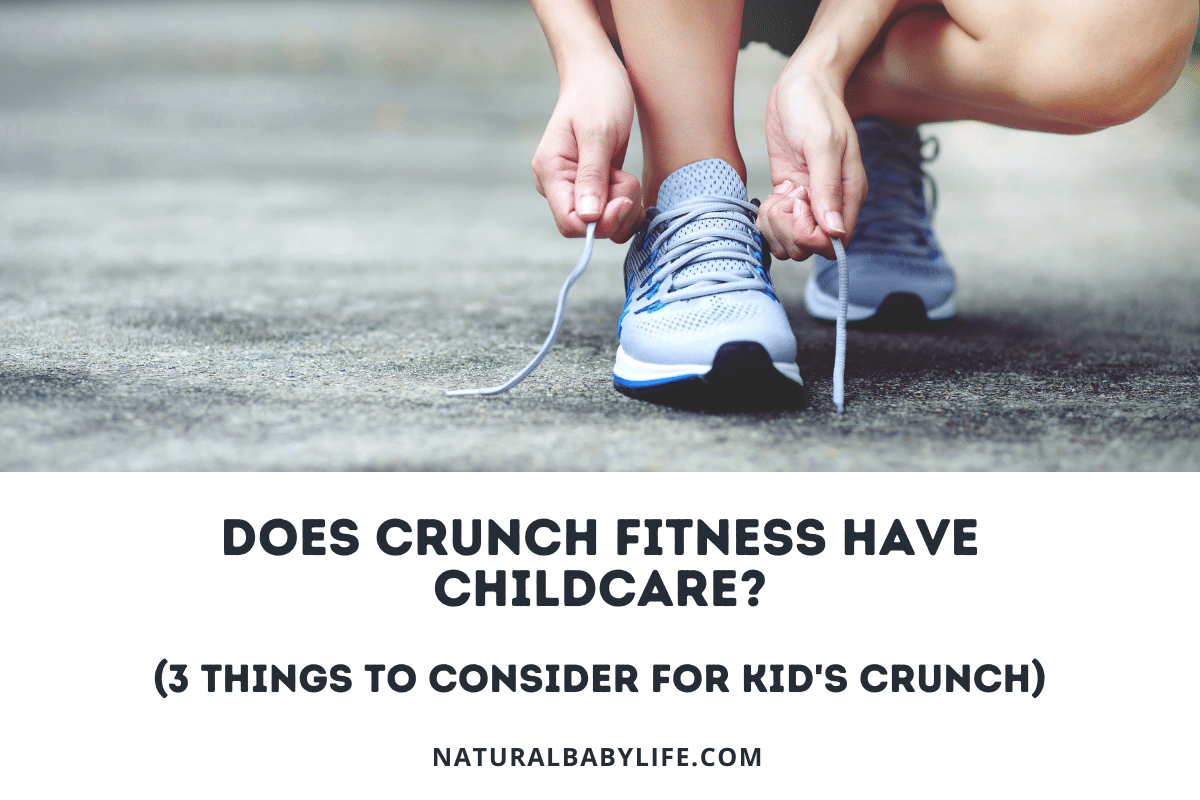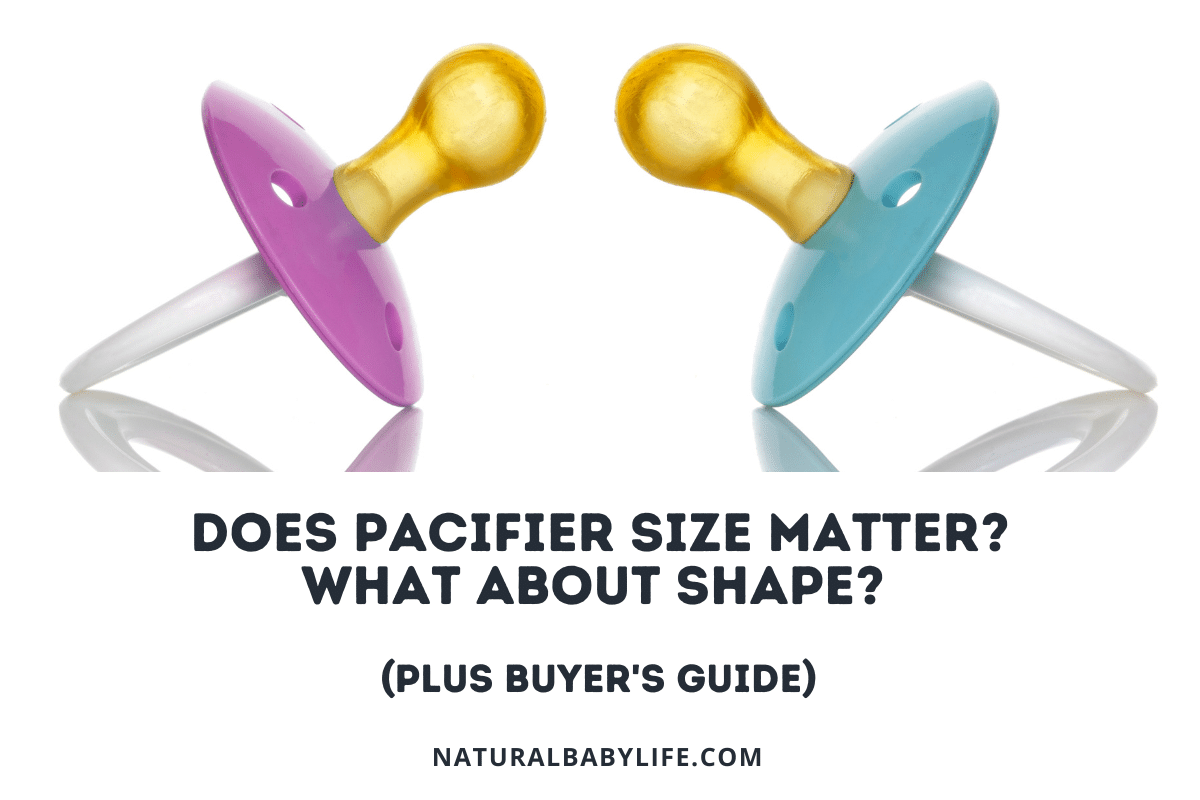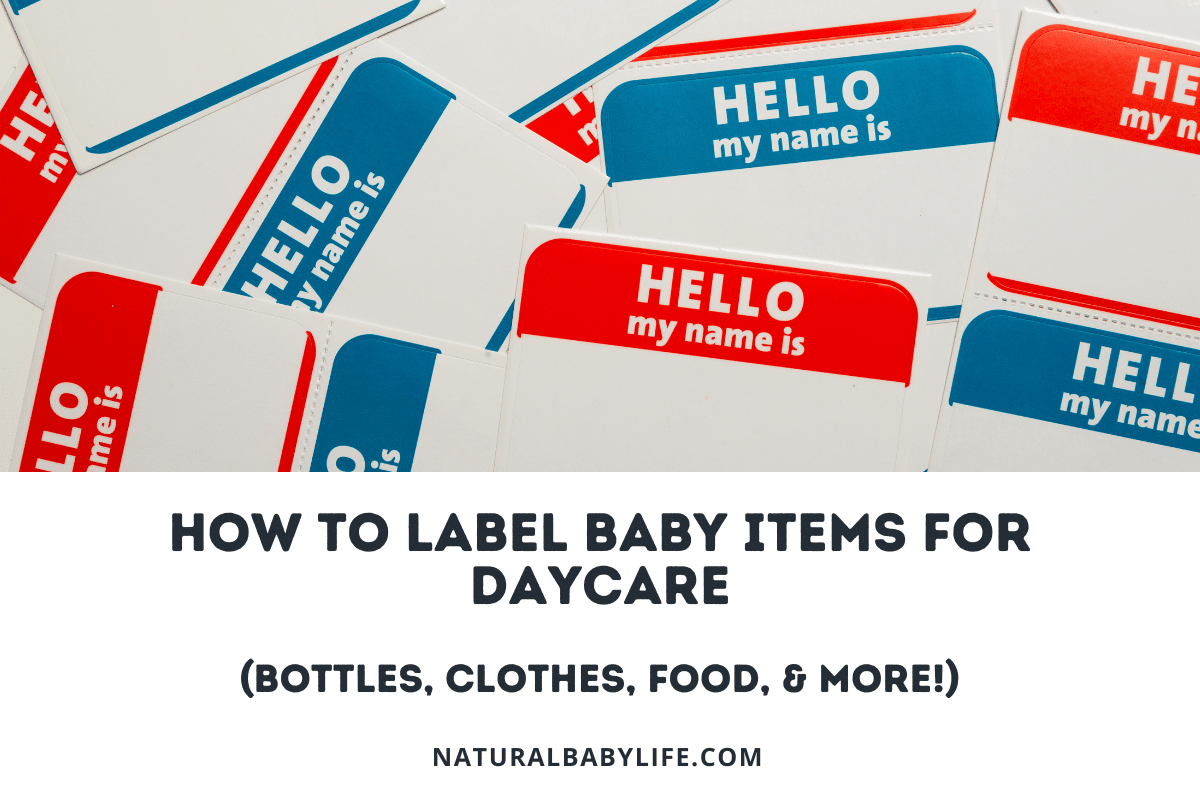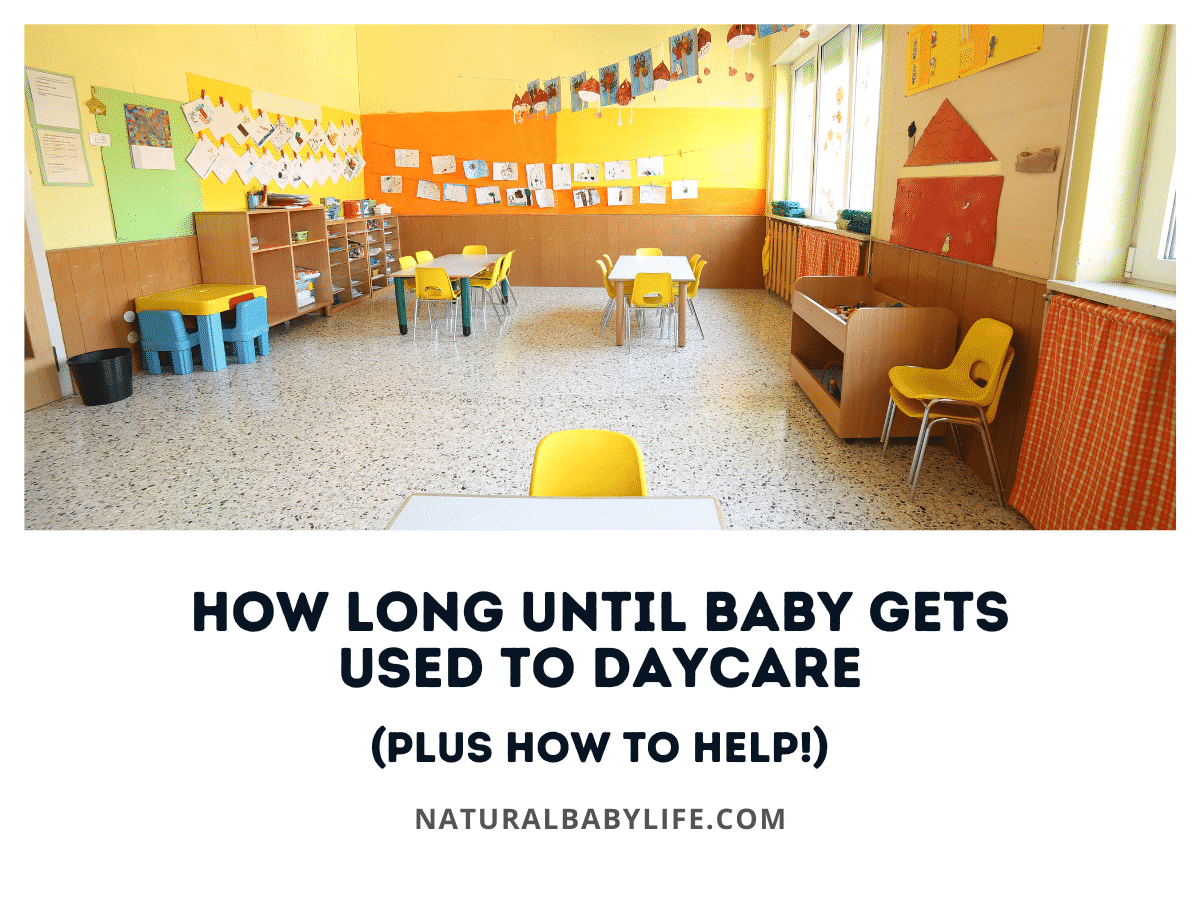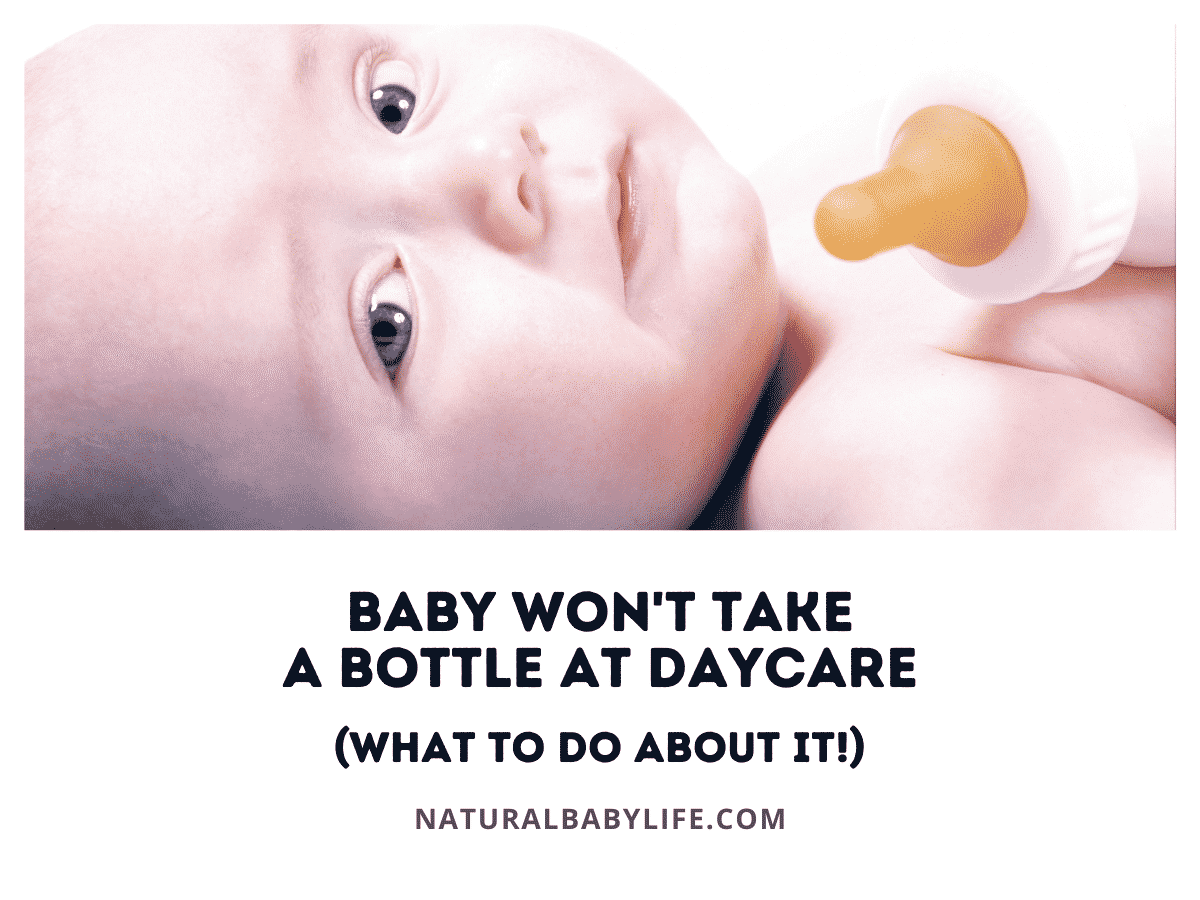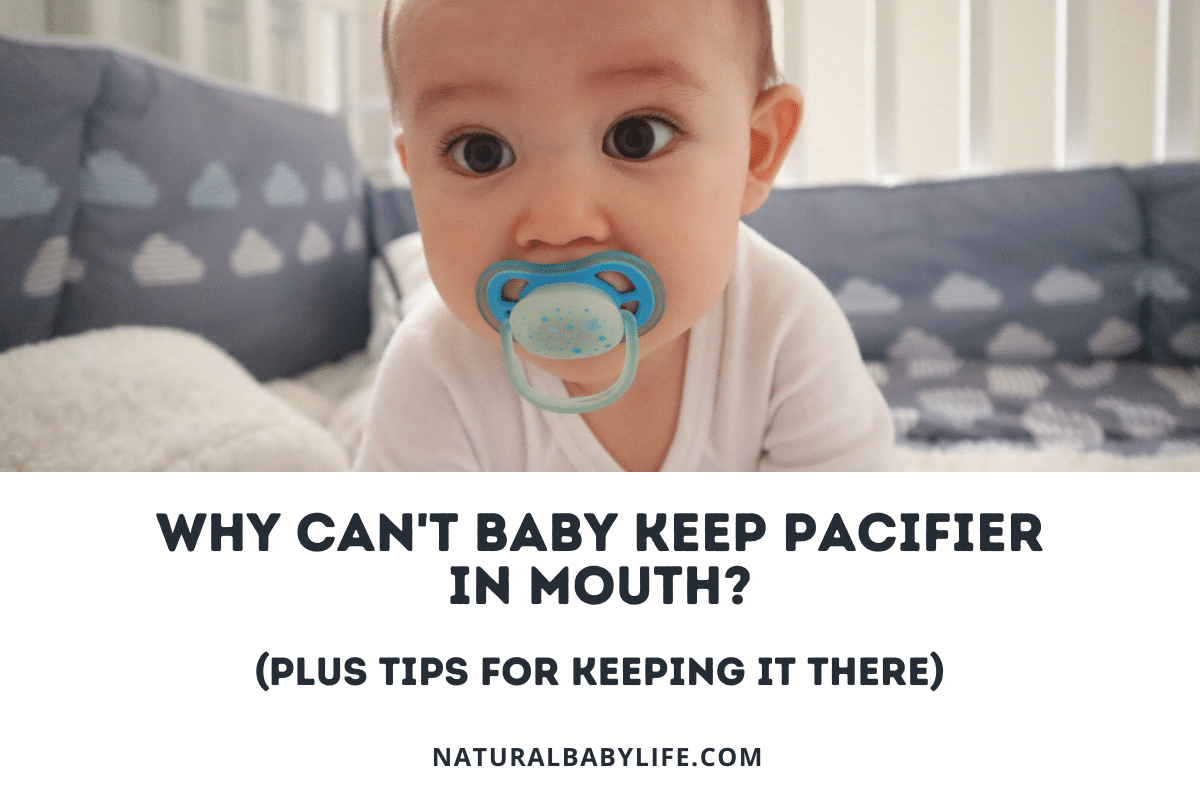When you are looking into childcare options for your little one, you may run into some centers that have restrictions on pacifier use, especially in the older classroom levels. But what should you do if your child’s daycare does not allow pacifiers? Is this even legal?
Daycare centers are not required to allow babies to keep their pacifiers. Most daycares do not allow them, especially in the 2 to 3-year-old classes, due to safety and hygiene practices. To wean your child off of their pacifier, try offering comfort alternatives, making the pacifier less appealing, and rewarding your child when they don’t use it.
Read on to find out what a typical daycare center pacifier policy looks like, the risks and benefits of pacifier use, and how you can wean your child off their pacifier ahead of going to daycare.
Table of Contents
Can a daycare legally prevent your baby from using a pacifier?
Some small children are very dependent on their pacifiers, so it can be incredibly stressful on parents if the chosen daycare center doesn’t allow pacifiers.
Daycares are legally allowed to create and enforce their own policies in many areas, including pacifier use. Facilities should follow the AAP guidelines on pacifiers, ensure proper hygienic practices, clearly explain their policy in written form, and enforce the policies equally across all children in care.
Some centers will prohibit pacifiers entirely, especially in older classroom levels. It is common to see pacifiers allowed in the baby and younger toddler rooms, with restrictions starting around the age of 2 or 3.
Some centers will allow pacifier use only for infants in a crib or during naptime. Daycare providers typically will not reinsert pacifiers if they fall out during sleep. Additional policies could center around prohibiting the use of pacifier clips or attachments, although some centers may actually prefer them.
How common is it for daycares not to allow pacifiers?
If you’re searching for a daycare that will allow your little one to keep their beloved paci, you may be out of luck.
It is fairly common for daycares not to allow pacifiers, especially in preschool classrooms. These restrictions are typically to facilitate easier cleanliness and hygiene practices in a busy daycare center.
They also help support parents who may be trying to wean their toddlers off a pacifier. Pacifiers can serve as a distraction for older toddlers in the classroom.
Are pacifiers bad for babies?
There is some evidence that pacifier use could increase the risk of ear infections, and prolonged use could lead to dental problems like teeth misalignment.
The American Academy of Pediatric Dentistry advises against pacifier use after the age of three. There is some evidence that pacifier use after the age of 3 or 4 can lead to speech problems and improper development of the tongue and lip muscles.
Choosing a pacifier that is labeled for supporting proper oral development can also help guard against these risks.
For more information about pacifiers – including some recommendations for orthodontic pacifiers – check out this article.
Some babies can become overly dependent on pacifiers to fall asleep and have trouble weaning off them well into their toddler years. It is also possible that pacifier use could disrupt the breastfeeding relationship if they are introduced too early. The AAP recommends waiting until breastfeeding habits are well established before introducing a pacifier.
Do pediatricians recommend pacifiers?
Pacifiers also have some benefits. Studies show that pacifiers could reduce the risk of SIDS in babies 0-6 months old.
Pacifiers can help your baby sleep, soothe them when they are fussy, help with ear pressure during flights, and come in handy during medical procedures and other tasks.
Most pediatricians don’t have any issue with normal pacifier use until the age of 2 or 3. The risks begin to increase as a child gets closer to age 4. In addition, pacifier use should be limited to a maximum of 6 hours per day.
How to stop baby from using a pacifier
Most babies will begin to wean naturally from their pacifier between the age of 2 and 4. Many parents choose to begin to wean their child from pacifier use before going to daycare or preschool.
If you are ready to wean your child off their pacifier, try one of these tips:
- Replace the pacifier with another comfort object
- Plan to wean when there aren’t any other big events happening
- Phase the pacifier out slowly
- Don’t offer it when your child is seeking comfort
- Use positive reinforcement
- Alter the taste with vinegar or lemon juice
- Throw a party when your child breaks the habit
- Go cold turkey
Replace with another soothing object
Parents can begin to transition their child to use a blanket or lovey (stuffed animal) to help them fall asleep.
Time It Right
Try not to start the weaning process right around the same time as another stressful event, such as a big family vacation, move, or other life transition.
Phase Out Use
It is often best to begin the transition gradually, such as limiting pacifier use during the daytime and eventually phasing it out of use at naptime.
Don’t Offer It for Comfort
If you’ve been using the pacifier as a first line of defense to soothe a fussy baby, it’s time to quit offering the pacifier at times of discomfort, such as after a boo-boo or during a tantrum.
Use Positive Reinforcement
Sticker charts, rewards, verbal praise, and lots of hugs and love can all help your child associate the removal of their pacifier with positive things.
Try Changing the Taste
Many parents have success with adding an unappealing flavor such as vinegar or lemon juice to the pacifier. Most babies will not want to continue sucking on a pacifier that tastes sour or bitter.
Throw a Party
For older toddlers, celebrating to help mark the transition can be a beneficial way to offer them closure. You could take them to the store to “trade” their pacifier for a new toy or sing a song to say farewell as you throw the pacifier in the trash. You could read books together about growing up and getting too big for a pacifier.
Cold Turkey
There is some truth to the phrase “out of sight, out of mind.” If your child’s binky isn’t around, they simply can’t use it. Most children will eventually forget about their pacifiers, but going cold turkey could be a struggle for some kids.

